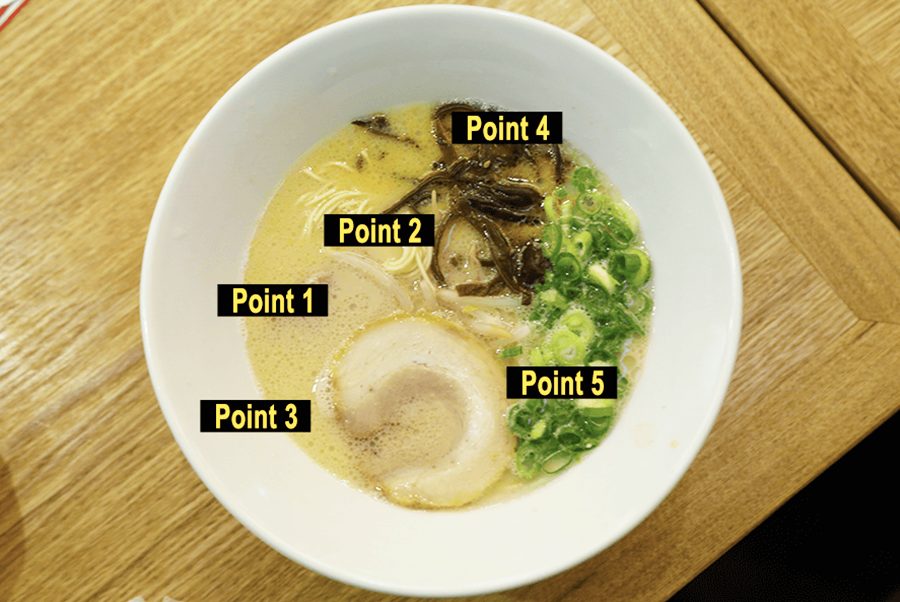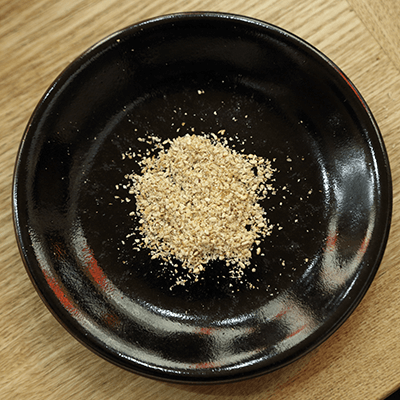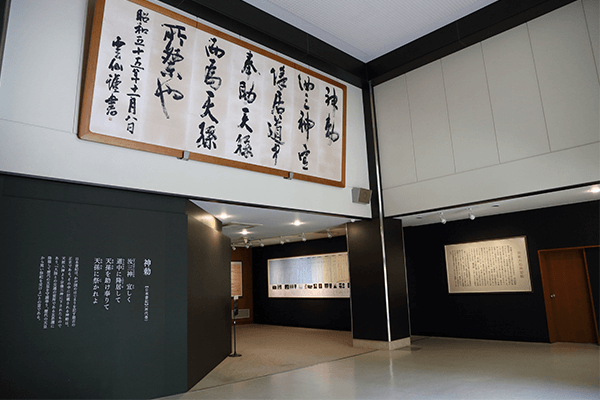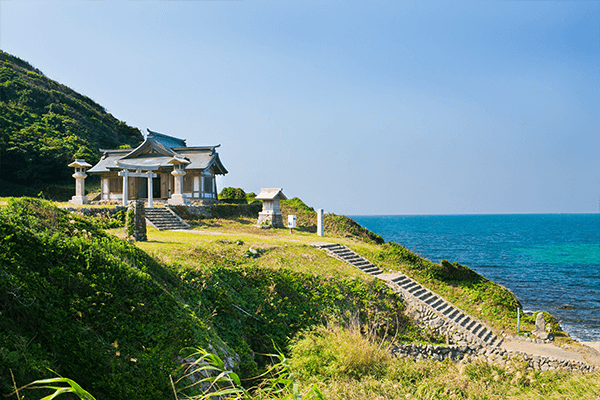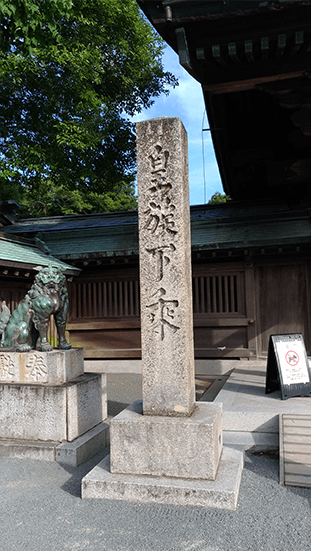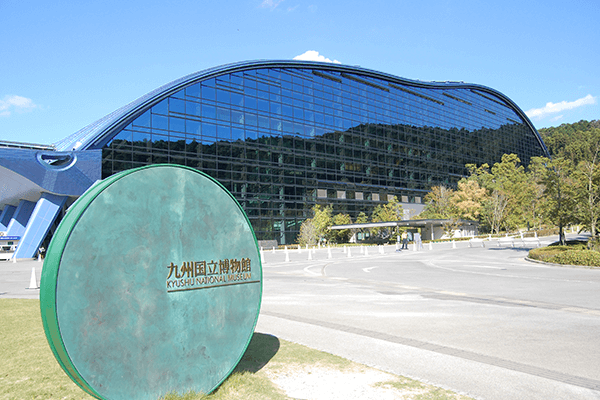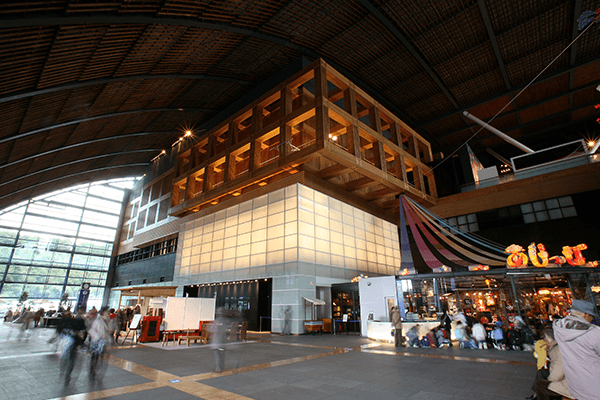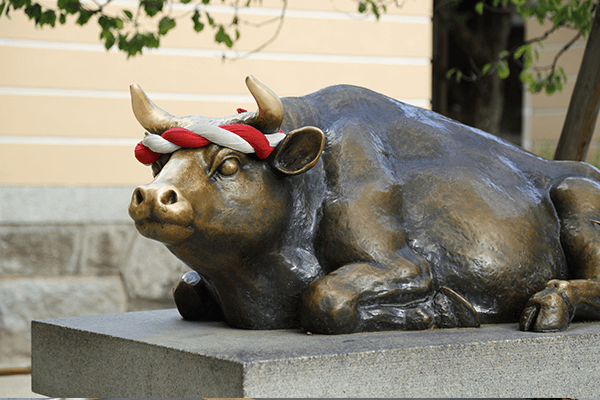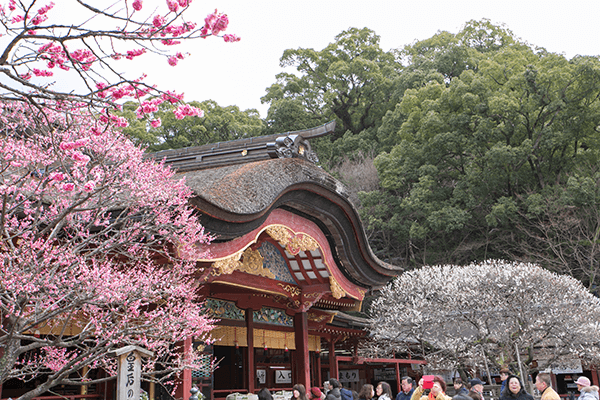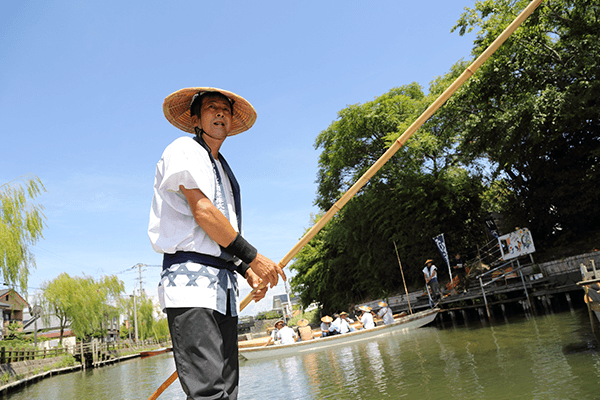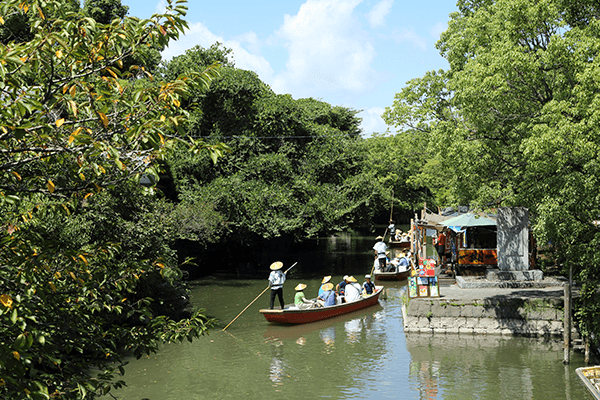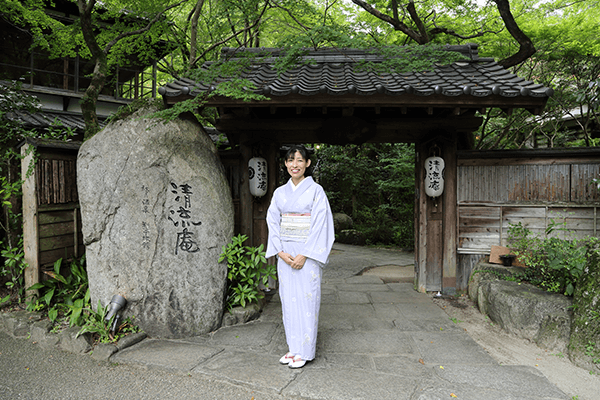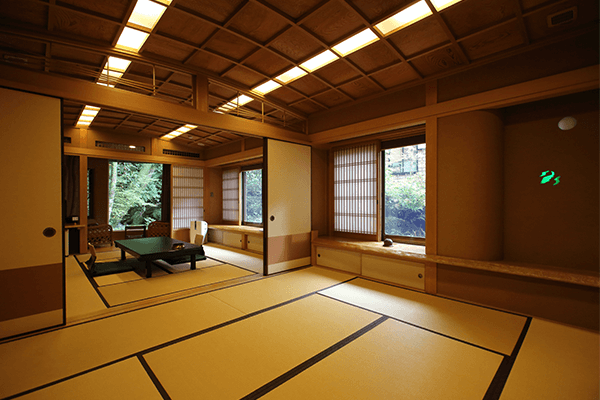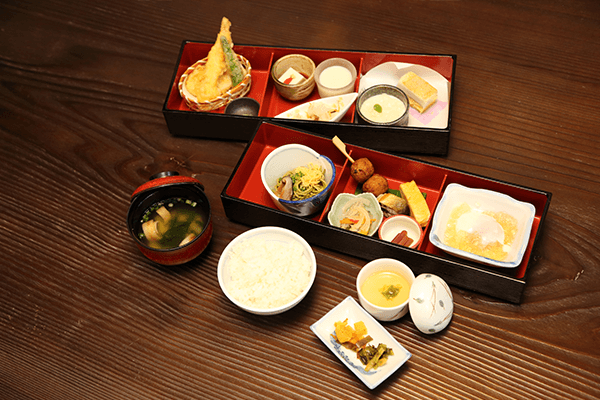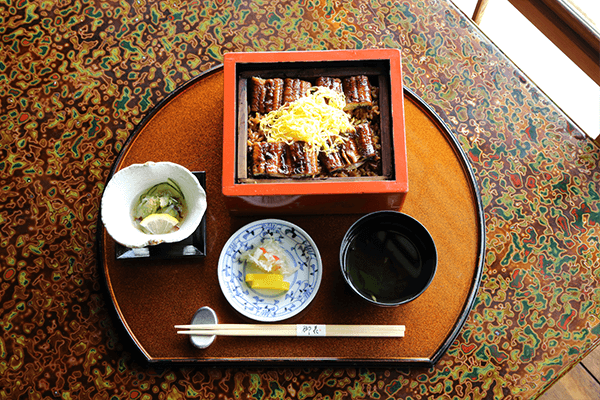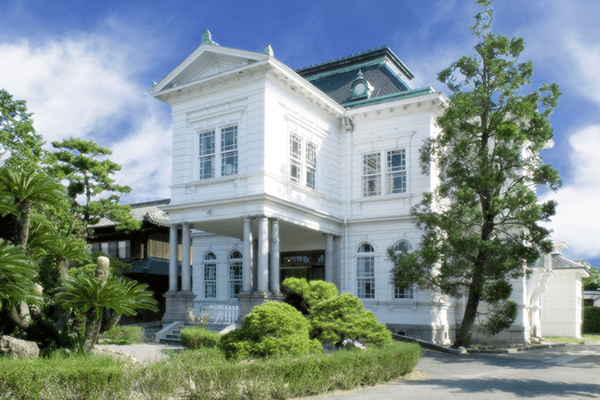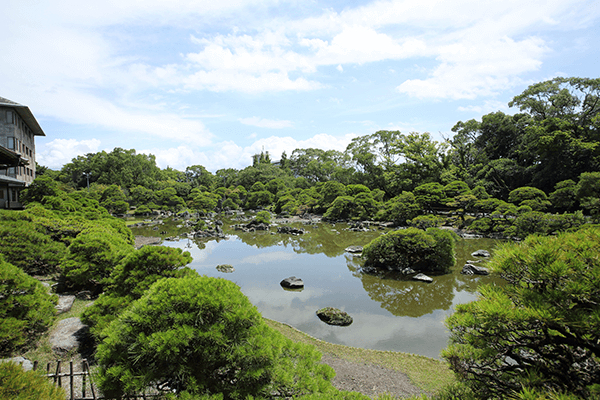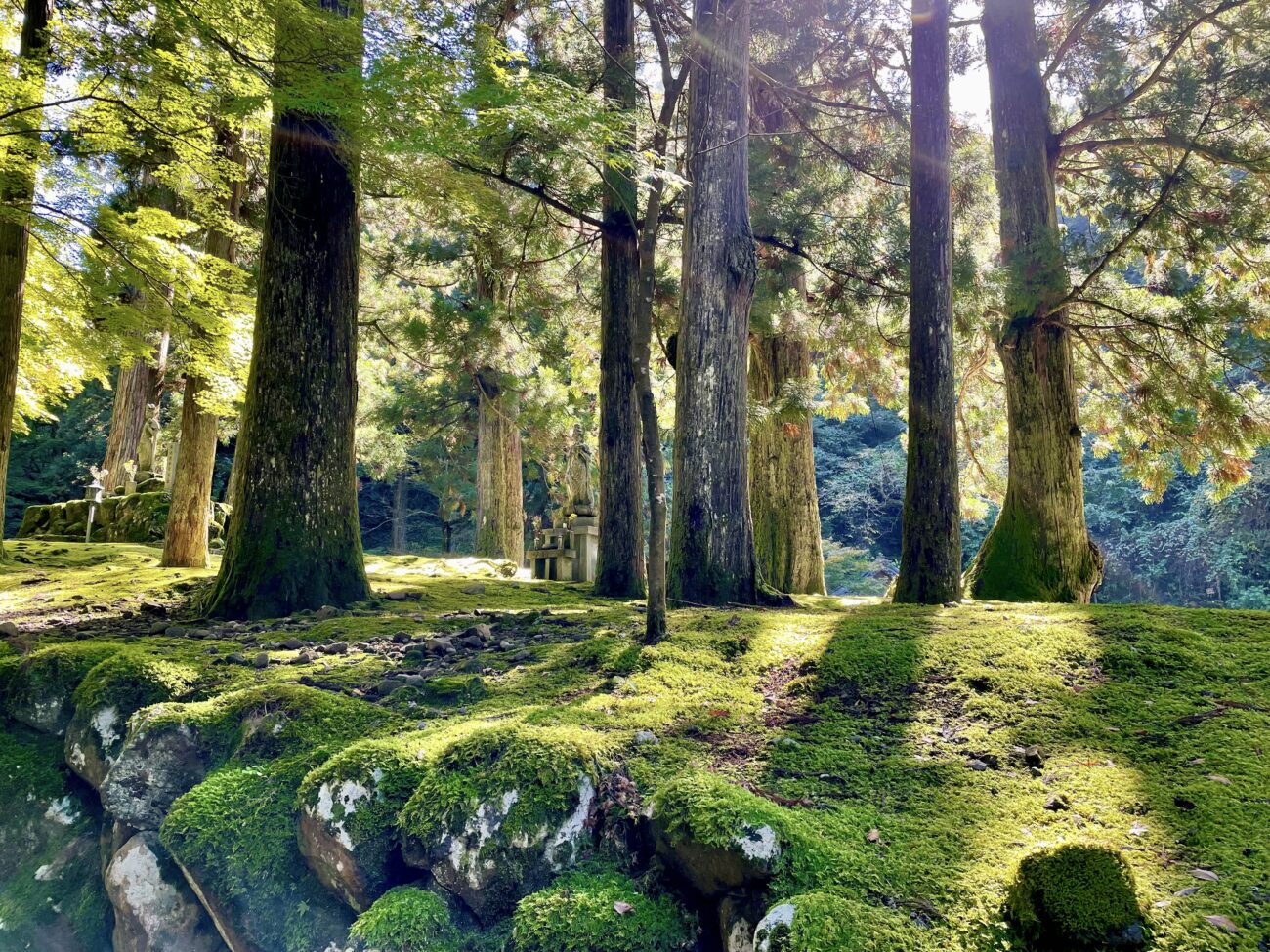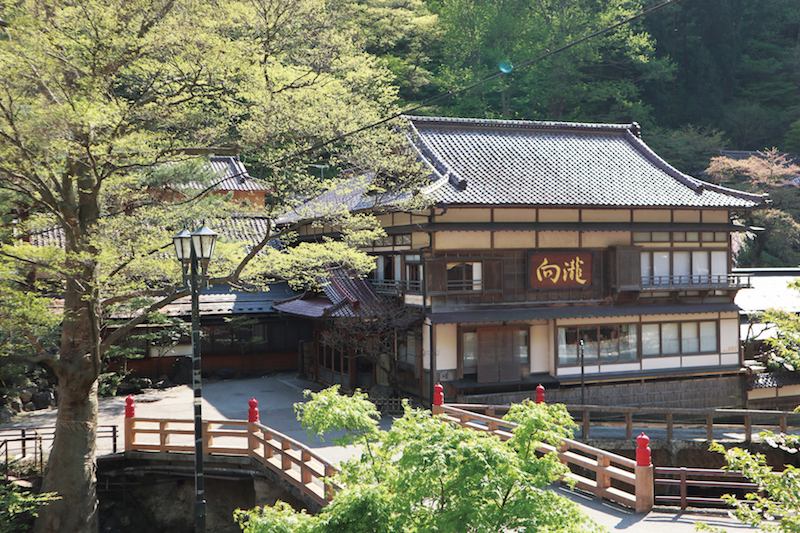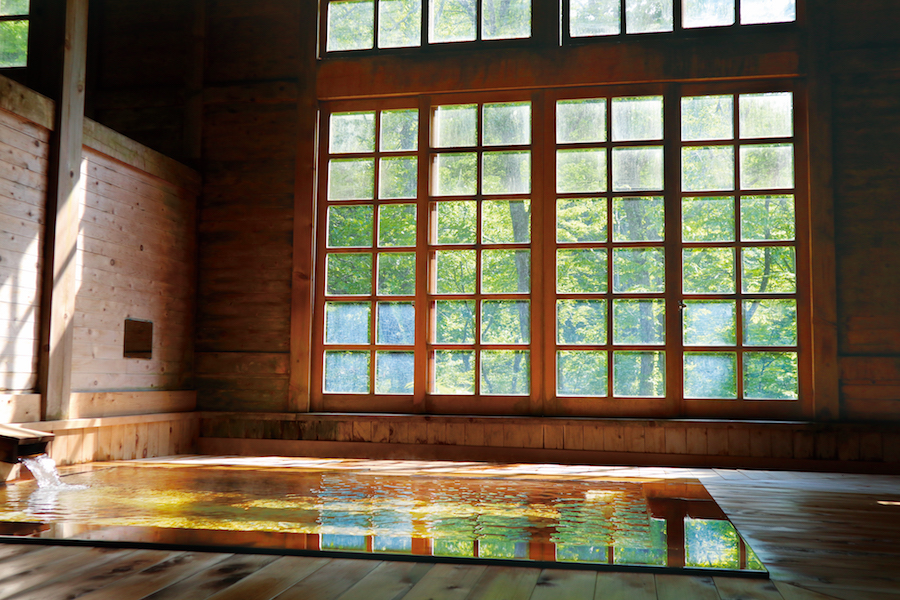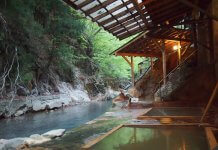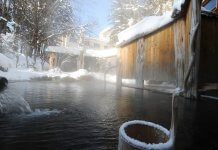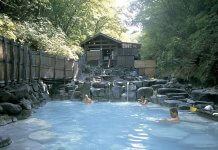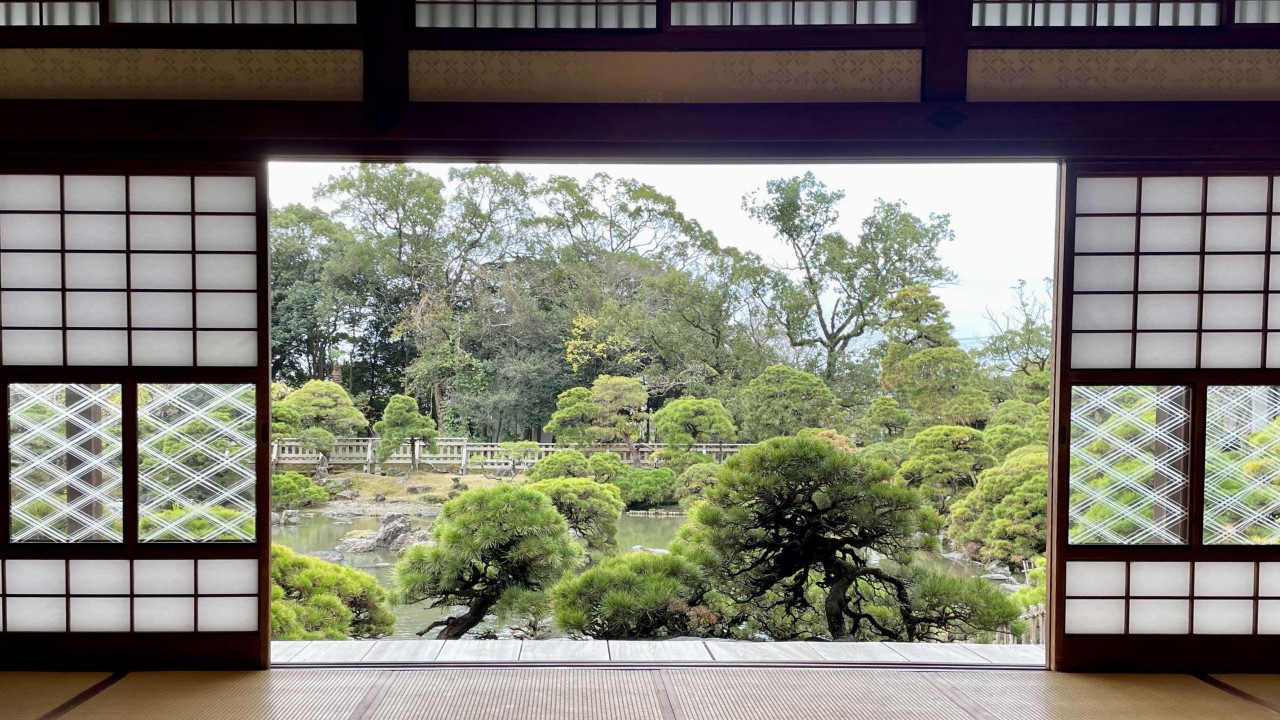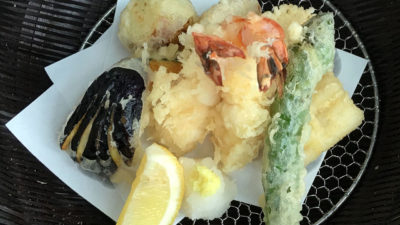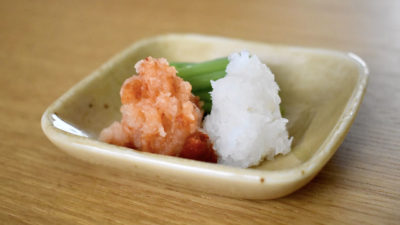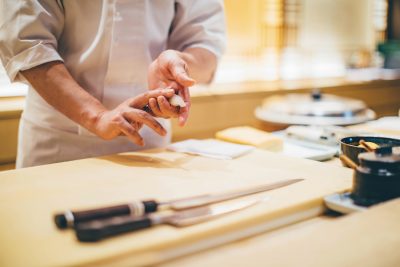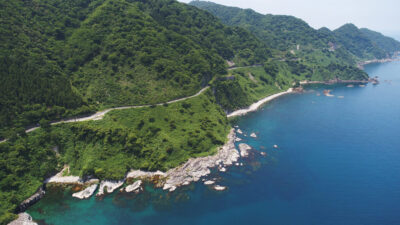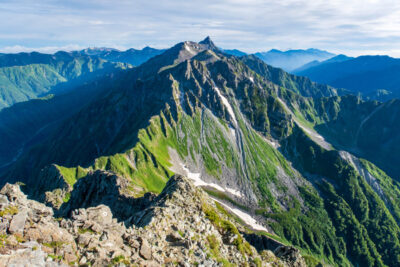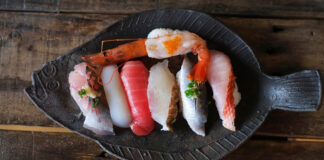In the splendid Fukuoka, terroir real ramen to the palette!
One of the most famous dishes of Japan are the ramen, but did you know that there are different kinds? For example, soybean or miso ramen, and for people living in western Japan, in Kyushu prefecture called Fukuoka, bring them back to the palette of porchs. You will discover the authentic charm and the attraction that practice Fukuoka through these delicious dishes, and with a little luck, you will win an individual trip to test them for yourself!
What is Tonkotsu ramen?
The Ramen are very popular all over Japan but it is the Fukuoka that is rightly famous for its very tasty, delicious versions of tonkotsu, or ramen to the pork palette, originally created in the city of Kurume at Fukuoka, in 1937. (Different versions of this origin exist) And the ramen of Ippudo are so incomparable that they are even described in the Lonely Planet guide as “the most famous tonkotsu store in the country”. The first store was built in 1985 by Shigemi Kawahara and has since expanded not only throughout Japan but also abroad, with branches in other Asian countries, Australia, England, France and the USA.
![]() Pork
Pork
As it is supposed, the essential ingredient in ramen to the palette is the pork itself. It is stewed for a long time in a special sauce, making it so tender and succulent that it melts in the mouth.
![]() Noodles
Noodles
Noodles in the preparation of pork ramen are often thinner than those found in other types of preparation. Ippudo uses homemade noodles and the two shops in France also use locally produced wheat to make pasta. One of the big advantages is that when you order the noodles, you can specify the cooking, and thus enjoy them firm, normal or very cooked!
![]() Soup
Soup
The specially made broth is made from a palette, which has not only been cooked for eighteen hours, but also matured over a very mild fire for one more day, before it can be served to customers, all of which giving a unique flavor and texture to the specialties of this restaurant.
![]() Kikurage mushrooms
Kikurage mushrooms
Often used in Asian cuisine, delicate kikurage mushrooms blend beautifully with the rich broth, giving even more flavor to noodles and onions, especially when you eat them all together.
![]() Spring onions Spring
Spring onions Spring
onions are produced
in Fukuoka Prefecture. The crunchy texture of fresh onions perfectly complements the tender meat and noodles, while adding flavor to the soup and making it even better!
The secret of perfect taste
According to the people of Fukuoka, if you want your noodles to be tastier and smell better, sprinkle some ground sesame on top. We try ?
Another recommendation: Akamaru
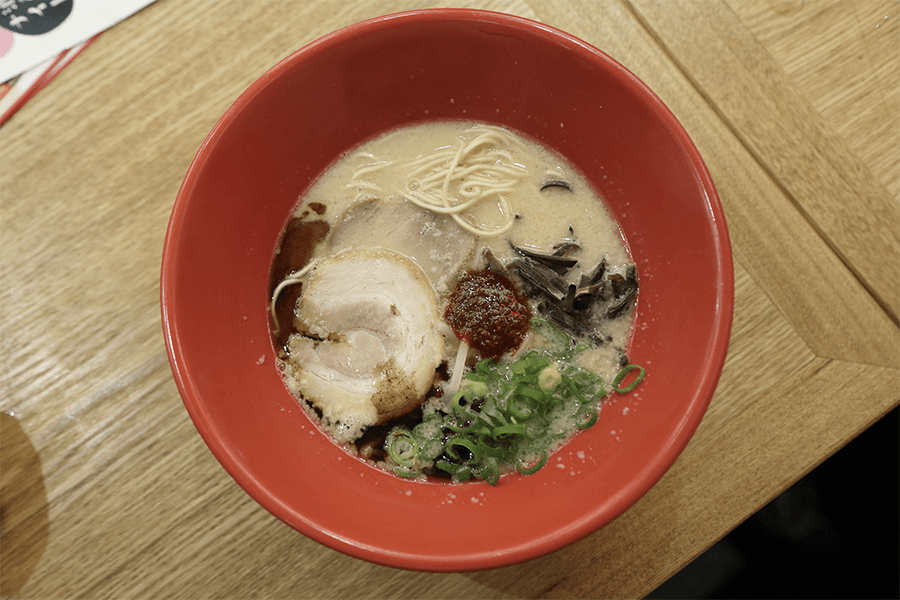
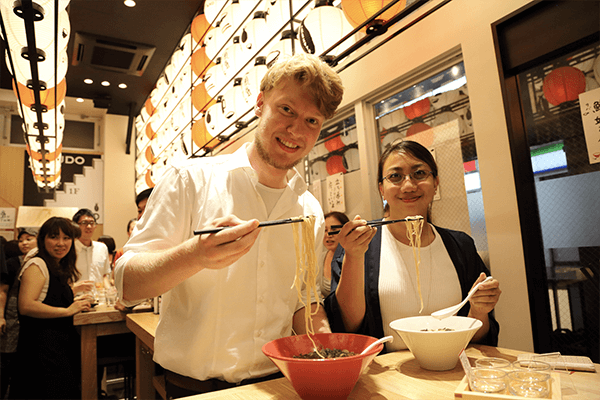
Foreign guests living in Japan enjoy the tastes of Shiromaru and Akamaru, and are often charmed by ramen with the pork palette themselves!
Eat ramen and win a trip to Fukuoka!
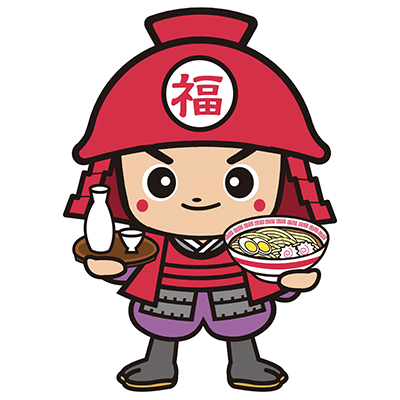
 Take photos or videos related to ramen at the restaurants below.
Take photos or videos related to ramen at the restaurants below.
 Add the hashtag # fukuoka_tonkotsu with the position of the restaurant and post it on your Instagram account.
Add the hashtag # fukuoka_tonkotsu with the position of the restaurant and post it on your Instagram account.
 Wait for the results! Winners will be contacted directly via Instagram after December 25, 2017.
Wait for the results! Winners will be contacted directly via Instagram after December 25, 2017.
And remember, the more ramen you eat, the more opportunities you have to take pictures or videos and send them, the more chances you have to win. The two restaurants participating in Paris are Ippudo Saint-Germain and Ippudo Louvre. Although it is impossible to book, the two stalls are open 7/7 from 12:00 to 0:00, Monday to Thursday. They close at 0:30 on Fridays and Saturdays and at 23:30 on Sundays. (Also note for guests that there is a two-hour shutdown from 16:00 to 18:00 during the days of the week.)
Shop information:
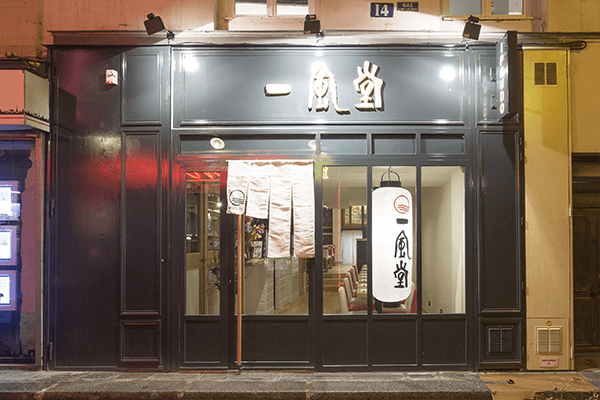
Ippudo Saint-Germain
Address: 14 rue Grégoire de Tours 75006 Paris
Access: Metro line 4- Odéon, Saint-Germaindes-Prés Metro line 10- Odéon, Mabillon
Website: http://www.ippudo.fr/
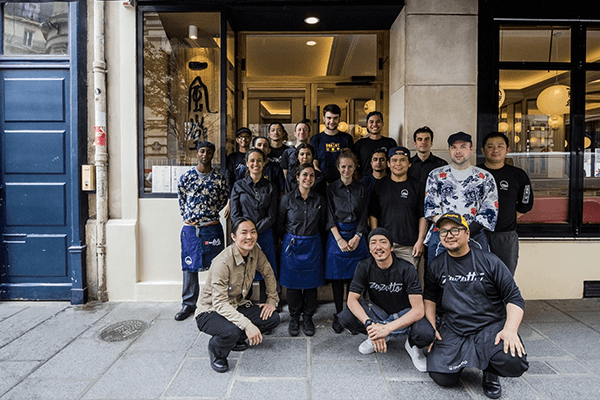
Ippudo Louvre
Address: 74-76 rue Jean-Jacques Rousseau 75001 Paris
Access: Metro line 4- Odéon, Saint-Germaindes-Prés Metro line 10- Odéon, Mabillon
Website: http://www.ippudo.fr/
For more information, please click on the official website:
FUKUOKA: A natural Japan for more than one reason
Although Fukuoka is certainly famous for its ramen, the region has many other things to offer and the taste of its guests for the “real” Japan will not be disappointed.
About FUKUOKA
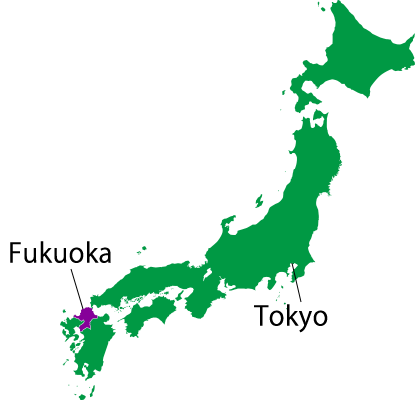
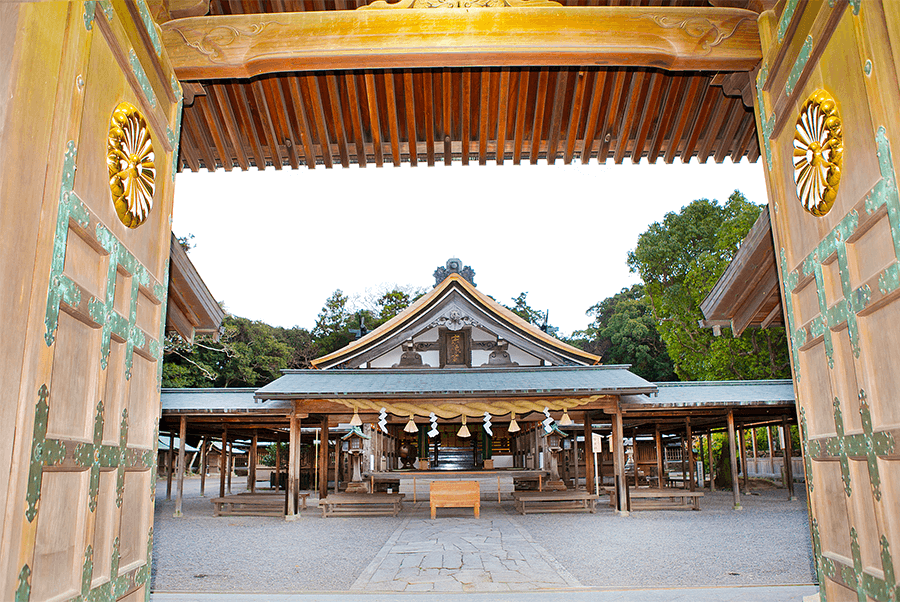
![]() Munakata Taisha / 宗 像 大 社
Munakata Taisha / 宗 像 大 社
It is a set of three Shinto temples (Hetsu-gu, Nakatsu-gu and Okitsu-gu), dedicated to the three daughters of Amaterasu, although in the course of time Munakata Taisha refers only to Hetsu. gu only. Nakatsu-gu and Okitsu-gu are located on separate islands. Okitsu-gu is on Okinoshima. As the temple occupies the whole island, women can not go there and men must purify themselves before they can approach. These sites are designated on UNESCO’s list of World Cultural Heritages, with 120,000 objects found on Okinoshima Island alone and a collection of 80,000 national treasures from the site and surrounding area, all housed in the treasure building. of the sanctuary, it is easy to understand why. Anyone interested in the temples and history of Japan can not fail to come.
Adresse: 2331Tashima, Munakata-shi, Fukuoka Prefecture
Accès: En bus – à 1 minute de marche de l’arrêt Nishitetsu “Munakata Taisha Mae” En voiture – prendre l’autoroute du Kyushu, accès à 20 minutes de l’échangeur de Wakamiya.
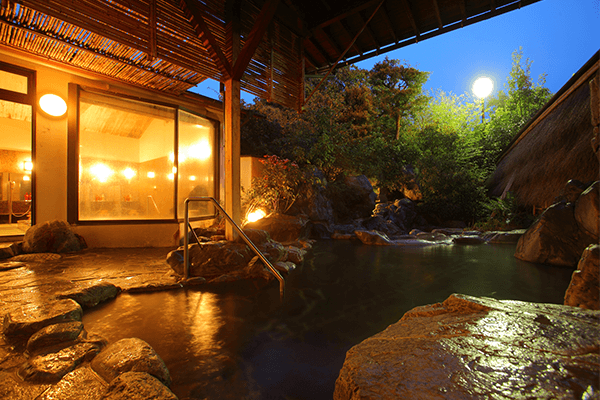
Un merveilleux onsen se niche à Asakura, à la limite de Fukuoka et d’Oita, et, sur sa réputation d’atmosphère paisible, les amateurs de onsen devront
absolument l’essayer. Vous pourrez également visiter le fameux triple moulin à eau de 200 ans situé tout près. Profitez du matin pour explorer les environs et laissez les eaux chaudes du Harazuru Onsen relaxer vos muscles fatigués tout l’aprèsmidi. (malheureusement les bains de minuit n’y sont pas disponibles !) Les bains ferment à différentes heures, alors prenez la précaution de prévoir votre déplacement. Connues sous le nom de “Meilleures eaux thermales chaudes pour la peau”, les eaux de ce onsen sont légèrement alcalines etcontiennent du soufre, unecombinaison qui exfolie et blanchit également l’épiderme. Ces sources chaudes sont fréquentées par les riverains de la préfecture de Fukuoka, mais également par des visiteurs extérieurs.Harazuru Onsen
Adresse:Asakura-shi, Fukuoka Prefecture
Accès:à 10 minutes en voiture de la gare JR Chikugo-Yoshi sur la ligne Kyudai
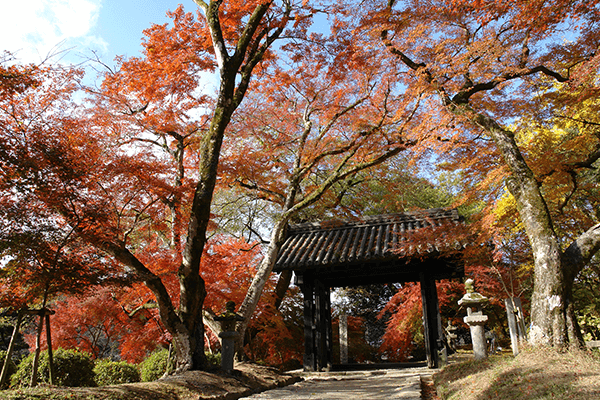
Akizuki, surnommée “ le petit Kyoto du Kyushu” est une cité au sud du Fukuoka et l’une des plus anciennes bourgades fortifiées au Japon. Se rendre au Temple Suiyou tout près des ruines du château vaut le déplacement, mais c’est durant la saison des cerisiers en fleur et à l’automne que Akizuki se révèle au voyageur, tout particulièrement en longeant l’artère Sugi no Baba, sous l’abondance des fleurs roses et blanches ou la gloire tardive des feuillages
automnaux.Ville d’Akizuki
Adresse:Akidukinotori,Asakura-shi, Fukuoka Prefecture
Accès: à 20 minutes avec le bus pour Akiduki depuis la station d’ Amagi sur la ligne Nishitetsu Amagi . A 15 minutes en voiture de l’échangeur d’Amagi en sortant de l’autoroute d’Oita.
![]() Musée National du Kyushu et le Dazaifu Tenmangu / 九州国立博物館&太宰府天満宮
Musée National du Kyushu et le Dazaifu Tenmangu / 九州国立博物館&太宰府天満宮
Ouvert en 2005, le Musée du Kyushu est le benjamin auto-proclamé des quatre Musées Nationaux Japonais, les trois précédents ayant été créés à la fin du XIXème siècle. Bien qu’il y ait une foule de choses à voir, l’exposition sur l’Echange Culturel au troisième étage vaut la peine d’être mentionnée. Chaque section représente une période différente et la décrit de façon à ce que les visiteurs voient l’Histoire se dérouler devant leurs yeux, depuis l’ère Jomon (14 000 avant JC – 300 de notre ère) jusqu’à la période Edo (1603-1868).Bien que cela semble étourdissant, les zones sont si bien présentées que vous pouvez aisément voir le tout sans en sortir épuisé.
Horaires : mar-jeu et dim, 9:30-17:00 (fin des entrées 4:30) Vendredi et samedi, 9:30-20:00 (fin des entrées 19:30)
Adresse: 4-7-2 Ishizaka, Dazaifu-shi, Fukuoka Prefecture Accès: Prendre la ligne Nishitetsu Tenjin-Omuta pour la gare de Futsukaichi, puis prendre le changement pour la ligne Dazaifu et sortir à la station Dazaifu (trajet de 20 minutes); C’est à 10 minutes de marche.
Adresse: 4-7-1 Dazaifu, Dazaifu-shi, Fukuoka Prefecture
Accès: à 5 minutes de marche de la station Nishitetsu Dazaifu
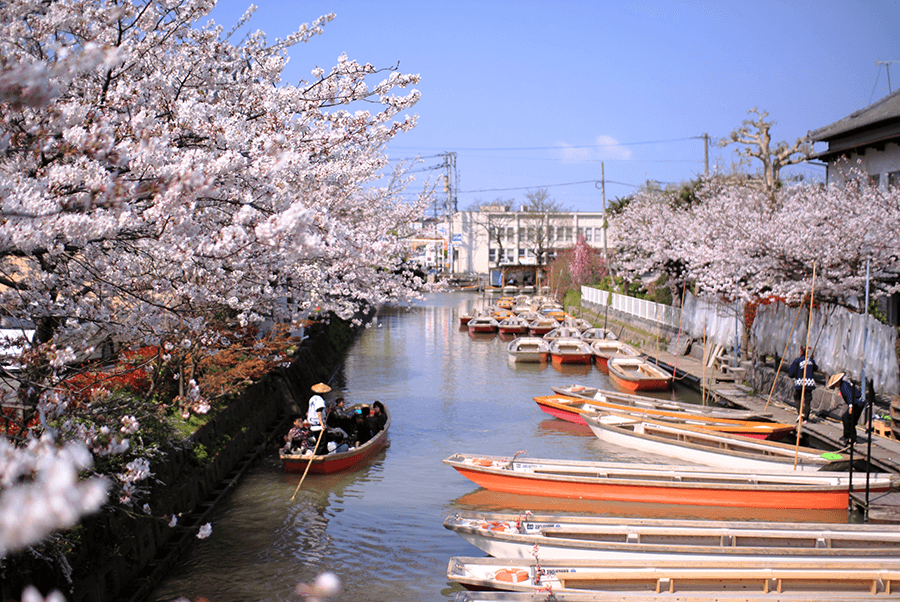
![]() Une croisière sur la Yanagawa / 柳川川下り
Une croisière sur la Yanagawa / 柳川川下り
Le mot kawakudari signifie littéralement suivre le courant et il est dès lors facile de deviner d’où cette attraction tient son nom. On se relaxera en suivant les canaux centrés autour de Yanagawa, en écoutant la description de la région, bercé par les chansons envoûtantes du guide, pendant cette oisive sortie dans des paysages merveilleux. Réserver n’est pas nécessaire la visite prenant environ une heure en tout avec des départs toutes les trente minutes. C’est un trajet à sens unique, mais un bus de navette à l’arrivée vous ramènera à votre point de départ, donc pas de souci !
Horaires : 9:30-17:00
Adresse: 35 Okinohatamachi, Yanagawa-shi, Fukuoka Prefecture
Accès: Prendre la ligne Nishitetsu Tenjin-Omuta descendre à la station Yanagawa.
Stay ① Seiryuan/清流庵
Tous ceux et celles qui veulent de la vraie cuisine Japonaise n’iront pas plus loin; Seiryuan a tout ce qu’il vous faut. Des tempura de légumes aux omelettes Japonaises parfaitement cuisinées avec un petit dessert qui ressemble à un blancmanger ou à un quatrequart, cela vaut vraiment la peine d’y déjeuner. Les chambres proposées sont également très agréables, grandes, avec leur propre salle de bain dans le style onsen.
Seiryuan
Adresse: 1058 Akizuki, Asakura-shi, Fukuoka Prefecture
Accès: Prendre le bus en gare d’ Amagi sur la ligne Nishitetsu Amagi et descendre à l’arrêt Akizuki; C’est à 10 minutes de marche.
Stay ② OHANA – La Villa de la famille Tachibana à Yanagawa / 御花藩主立花邸
OHANA est une villa construite pour la famille du comte Tashibana, l’ancien seigneur du domaine Yanagawa au 17ème siècle. Le Musée Tachibana , inclus dans la villa OHANA contient une sélection de magnifiques objets anciens dont la collection Tachibana d’armures antiques, le mobilier de mariage des princesses
et des costumes de No. Le restaurant du musée, traditionnel, sert la célèbre anguille en panier à la vapeur.
OHANA- Tachibana Family Villa in Yanagawa
Address: 1 Shinhokamachi, Yanagawa-shi, Fukuoka Prefecture
Access: Take the bus opposite the Nishitetsu Yanagawa on the Tenjin Omuta line and get off at the Ohana-mae stop; It’s a 3 minute walk.
 0
0

